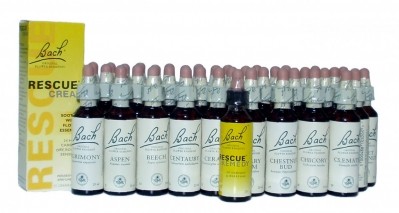UK tells black cohosh makers to add warnings and backs THMPD

The MHRA said it had received 53 complaints over an unspecified timeframe it linked to black cohosh, 36 of which referenced, “liver problems including abnormal liver function, jaundice and hepatitis.”
The MHRA highlighted the ‘two routes to market’ system that exists in the UK, with some products classified as food supplements under food law, and others that have passed through the EU Traditional Herbal Medicinal Products Directive (THMPD) which kicked into life in May 2011 after a seven year transition period.
“Since 2006, the MHRA has asked all manufacturers of Black Cohosh products to ensure that an appropriate warning about possible liver problems is included on the label,” the agency said.
“The MHRA recently became aware that some unlicensed products containing Black Cohosh may not have this warning and we are issuing a reminder to the sector of the need to carry appropriate warnings on their product labelling.”
It advised consumers to look for THMPD registered products. Black cohosh is typically aimed at post-menopausal women.
“The MHRA always recommends that registered herbal products are used. Registered products can be identified by the Traditional Herbal Registration (THR) registration number or logo on their packaging.”
“These products have been assessed and quality checked to ensure that they are acceptably safe to use and are accompanied by a leaflet with information on how to use the product with possible side effects listed.”
Richard Woodfield, MHRA’s head of herbal policy, said: “Unlicensed herbal products may have incomplete, inaccurate or no safety information and can mean you are gambling with your health, especially if you take these products without consulting a GP or qualified healthcare professional.”
The MHRA rapped supplements manufacturer Bee Health in late 2011 for selling a product with 50 times the recommended dose of black cohosh.















